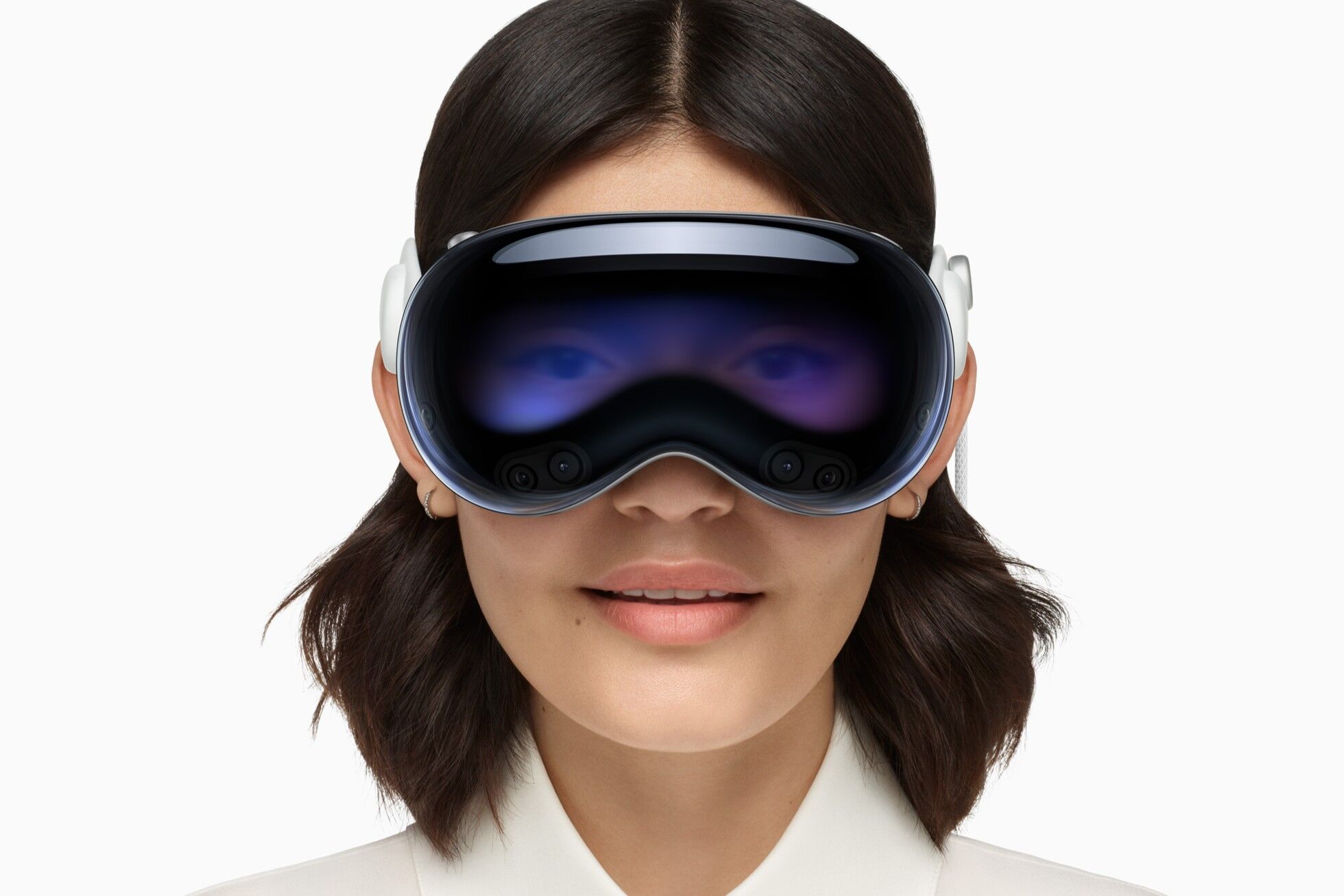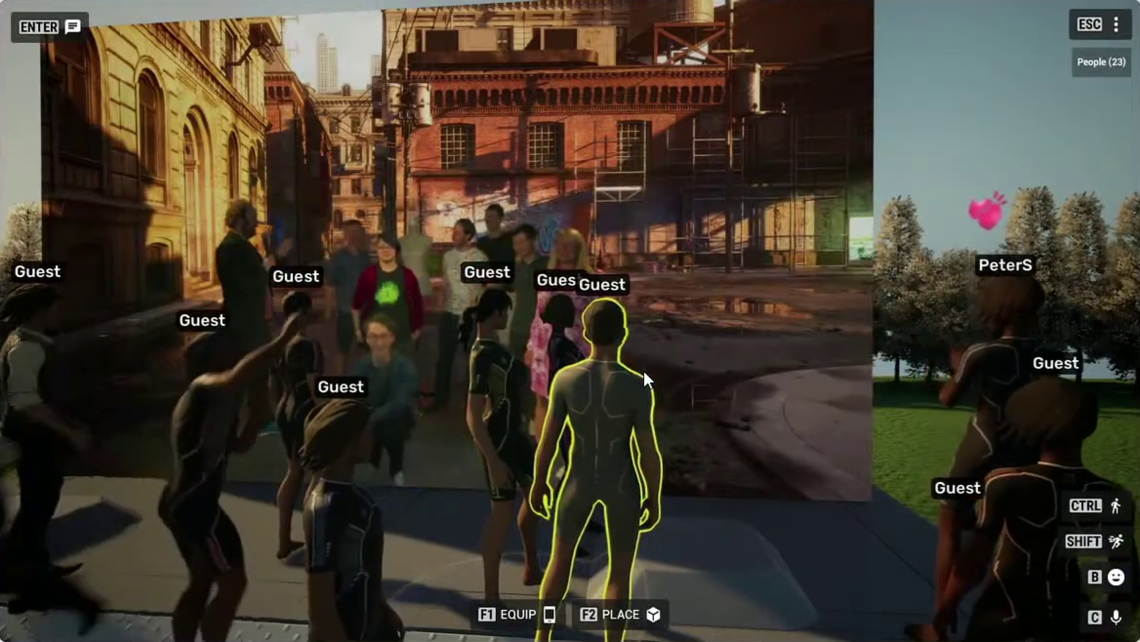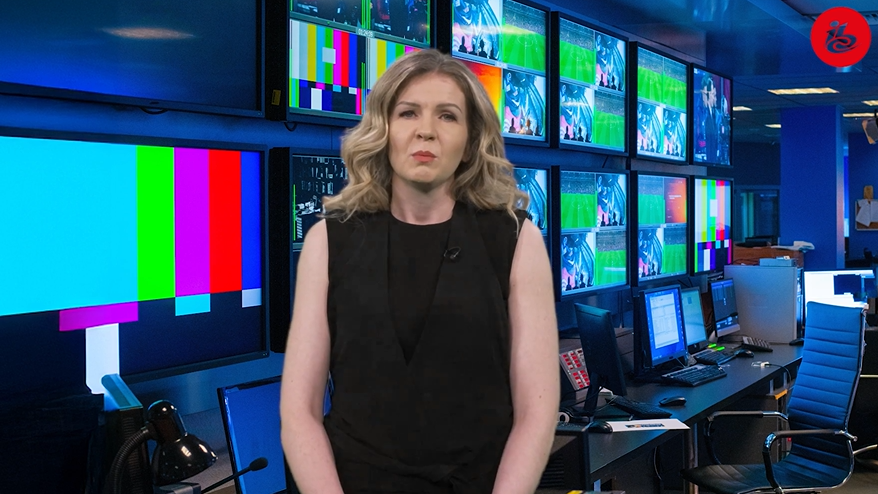The consumer VR market continued to decline in 2024 according to new report by research firm Omdia.
Headset sales volumes fell by 10% in 2024 to 6.9 million units, down from 7.7 million in 2023. The market is expected to decline further in 2025, in line with Omdia’s earlier projections.

The outlook reflects a challenging period for the consumer VR industry ahead of a forecasted rebound in 2026.
“The Apple Vision Pro’s highly anticipated debut failed to spark the resurgence that the VR industry hoped for, with momentum fading and significant developer interest still lacking ten months on,” commented George Jijiashvili, Senior Principal Analyst at Omdia. “Meanwhile, early sales data for the new entry-level Quest 3S reflects no significant boost to Meta’s headset sales, reinforcing Omdia’s view that VR will remain a niche market as long as it remains in its current form.”
The number of VR headsets in active use fell by 8% in 2024 to 21.9 million. This was primarily due to a low share of Quest 2 owners upgrading, over 20 million of which have been sold since 2020. Nevertheless, growth is predicted by 2029, contingent on Meta’s continued commitment to this category and the anticipated launch of a more affordable Apple Vision Pro model in 2026.
Omdia’s latest Consumer VR Headset and Content Revenue Forecast shows $904 million spent on VR content in 2024, growing to $1.3 billion by 2029.
In comparison, games console content spend will generate $37.4 billion in 2024, highlighting the nascent nature of the consumer VR market.
Dwindling consumer engagement since the pandemic period, limited compelling new content, and developers questioning the ROI of VR projects paint a troubling outlook, according to Omdia.
“The focus is shifting to lightweight AR glasses, offering all-day, ‘anywhere’ access to multimodal AI. Manufacturers hope that this approach will help normalize face-based spatial computing, which will ultimately spur mass-market VR adoption,” added Jijiashvili.
You are not signed in
Only registered users can comment on this article.

Netflix withdraws from race to acquire Warner Bros Discovery
Netflix has withdrawn from the race to acquire Warner Bros Discovery, leaving the way clear for Paramount Skydance to win the months-long battle for the historic Hollywood studio.

Avatar: Fire and Ash leads at Visual Effects Society awards
Avatar: Fire and Ash was the big winner at the Visual Effects Society’s 24th Annual VES Awards, taking home seven awards in total, including the top prize of Outstanding Visual Effects in a Photoreal Feature.

UK set to enhance regulation of major streamers such as Netflix and Disney+
The UK's biggest video-on-demand services will have to follow the same content and accessibility rules as traditional broadcasters, under new government legislation.

Charity publishes set of principles for mentally healthy productions
The Film and TV Charity has unveiled its new ‘Principles for Mentally Healthy Productions’ to help address systemic pressures and poor working practices across the UK screen sector, aiming to improve culture and conditions on productions.

Warner Bros Discovery and BBC report strong Winter Olympics viewing
Warner Bros. Discovery (WBD) and the BBC have both reported strong viewership results for their coverage of the Olympic Winter Games for Milano-Cortina 2026.




